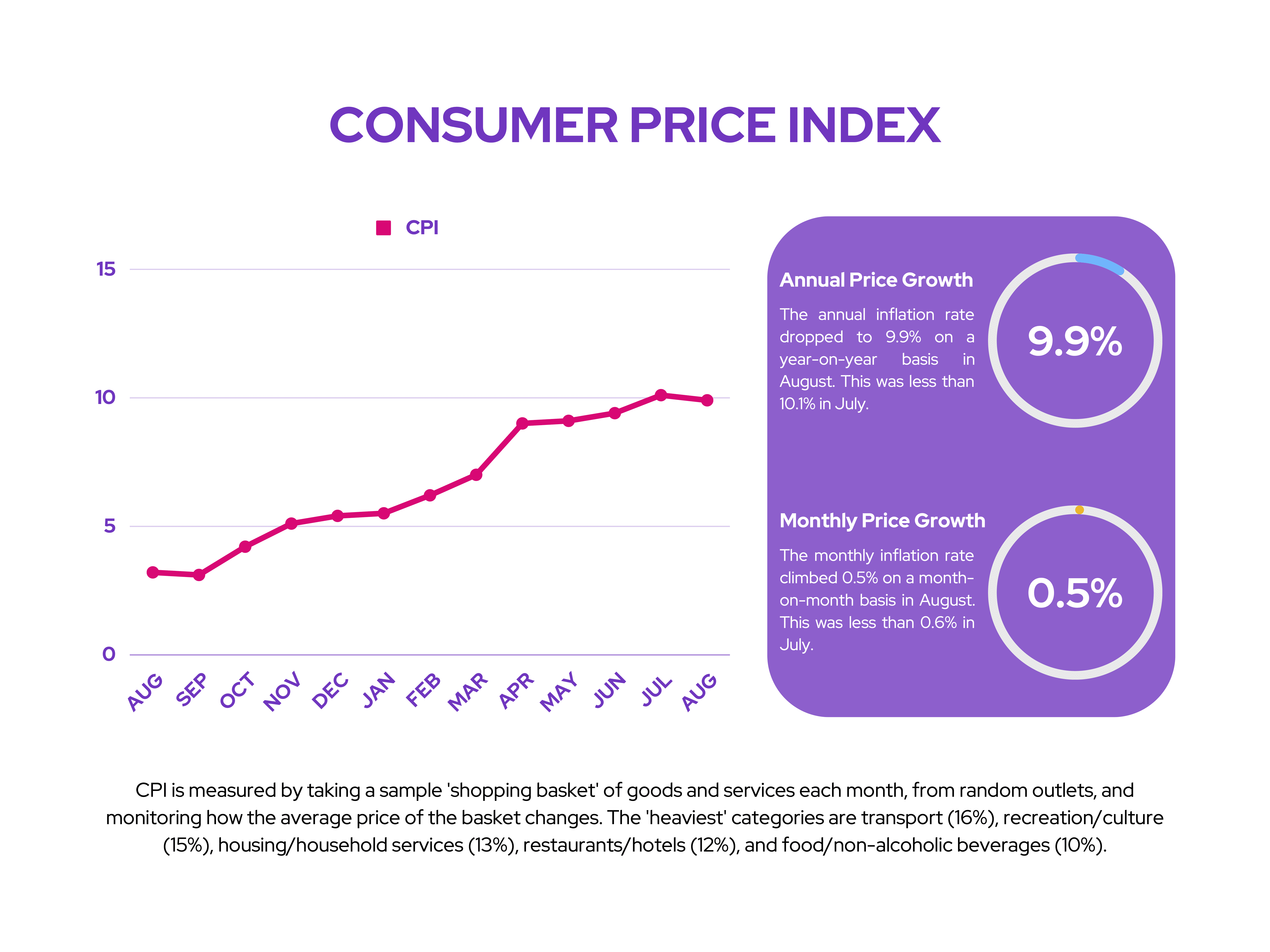BT (LSE: BT.A) shares hit a year-to-date (YTD) high in mid-July. At that time, shares of the British telecom were an excellent hedge against the wider market index. However, they have since capitulated, losing 35% of their value and could be in more trouble.
Three concerns
One of the reasons behind the sharp drop in the BT share price since July can be attributed to the company’s disappointing Q1 trading update. Although both revenue and adjusted EBITDA saw minute increases, investors were disappointed to see the firm’s bottom line deteriorate given the already bad-looking financials.
| Metrics | Q1 2023 | Q1 2022 | Change |
|---|---|---|---|
| Revenue | £5.13bn | £5.07bn | 1% |
| Adjusted EBITDA | £1.90bn | £1.87bn | 2% |
| Profit before tax | £482m | £536m | -10% |
| Capital expenditure | £1.25bn | £1.51bn | -17% |
| Free cash flow | -£205m | -£43m | -377% |
| Net debt | £18.89bn | £18.57bn | 2% |
Prompting even more anxiety, BT has had to deal with further concerns over the last couple of months. Most recently, its main competitor, Vodafone, confirmed that it’s in talks with Three’s parent company Hutchinson, to form a joint venture (JV). The JV will combine Vodafone and Three’s UK mobile operations, with Vodafone owning 51% of the merged company.
Should you invest £1,000 in BT right now?
When investing expert Mark Rogers has a stock tip, it can pay to listen. After all, the flagship Motley Fool Share Advisor newsletter he has run for nearly a decade has provided thousands of paying members with top stock recommendations from the UK and US markets. And right now, Mark thinks there are 6 standout stocks that investors should consider buying. Want to see if BT made the list?
According to Jefferies, this would make it the largest mobile network in the UK, with 37% of the market share by revenue, while BT lags behind at 32%. With the Virgin Media O2 merger accepted by the competition authorities, another approved move here could further ramp up competition for BT.
To make matters worse, EE is being investigated by telecoms regulator Ofcom over concerns about the clarity of EE’s customer contracts. There are concerns that BT failed to comply with rules surrounding clear and simple contract information before new deals are signed with customers. If found guilty, BT may be forced to pay a fine, which could tarnish its image and hurt its bottom line even further.
Down to the wire
CEO Philip Jansen reiterated the FTSE 100 firm’s outlook for the year, which remain unchanged. Nonetheless, investors have every right to be worried about BT’s ability to meet its guidance given the current inflationary environment.
| Metrics | FY23 Outlook |
|---|---|
| Revenue | “Revenue growth” |
| EBITDA | >£7.9bn |
| Capital expenditure | £4.8bn |
| Free cash flow | £1.3bn to £1.5bn |

This worry stems from the company’s breakdown of revenue. Although the Consumer and Openreach divisions saw decent growth, it was offset by legacy product declines and the current tough economic environment for businesses, which led to declines in the Global and Enterprise divisions. As such, it’s looking increasingly likely that BT may have to rely on the JV it has with Warner Bros. Discovery to prop up BT’s top line figures in the short to medium term.
| Division | Q1 2023 | Q1 2022 | Change |
|---|---|---|---|
| Consumer | £2.50bn | £2.38bn | 5% |
| Enterprise | £1.20bn | £1.29bn | -7% |
| Global | £774m | £785m | -1% |
| Openreach | £1.42bn | £1.35bn | 5% |
Put on hold
So, are BT shares a good investment for my portfolio then? For starters, BT’s balance sheet isn’t in the best state. A debt-to-equity ratio of 143.5% isn’t ideal in the current macroeconomic environment as it could make servicing debt expensive and impact net income.
Not to mention, Deutsche recently rated the stock a ‘hold’, with a price target of £1.40, thus not giving the shares much upside from current levels. While I think all the headwinds have been priced in, I still won’t be investing in BT shares. I believe I can grow my wealth by purchasing shares in other companies with better financials.







